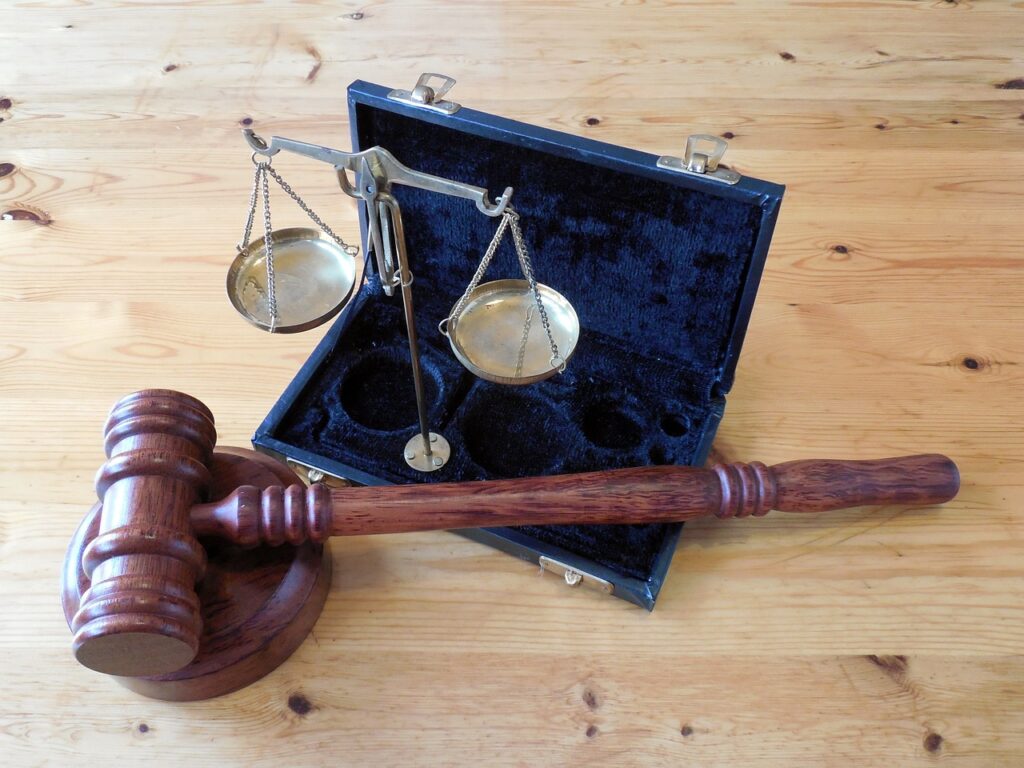we will do it together
Domestic Violence
Domestic Violence
Domestic violence refers to abuse or harm caused within domestic relationships. It can take various forms:
- Physical Abuse: Hitting, slapping, or any form of physical harm.
- Emotional Abuse: Verbal insults, threats, humiliation, or isolation.
- Sexual Abuse: Forced sexual activity without consent.
- Economic Abuse: Denial of financial resources or controlling income.
Rights of Domestic Violence Victims

Rights of Domestic Violence Victims
- Right to Reside in the Shared Household: A victim cannot be evicted from the shared household, even if they do not own the property.
- Right to Protection: Victims have the right to seek protection orders against abusers.
- Right to Monetary Relief: Compensation for medical expenses, maintenance, or damages.
- Right to Free Legal Aid: Legal aid services are provided to victims under the Legal Services Authorities Act, 1987.
Challenges in Addressing Domestic Violence
- Stigma and Silence: Victims often fear societal judgment or family repercussions.
- Lack of Awareness: Many are unaware of their rights and legal remedies.
- Limited Resources: Inadequate access to protection officers, shelter homes, and rehabilitation services.
- Misuse of Laws: Allegations of misuse, especially under Section 498A, can undermine genuine cases.
Steps to Report Domestic Violence
File a Complaint:
- At the nearest police station.
- With the Protection Officer or a Magistrate.
Reach Out to Helplines:
- National Women’s Helpline: 181.
- Childline for minors: 1098.
Seek Legal Aid: Approach a lawyer or the Legal Aid Services Authority.
File a Domestic Incident Report (DIR): Necessary to initiate proceedings under the PWDVA.
Legal Framework to Address Domestic Violence
Protection of Women from Domestic Violence Act, 2005 (PWDVA)
The PWDVA is the primary legislation addressing domestic violence in India.
Key Provisions:
Who Can File a Complaint:
- Women subjected to violence by a husband, male partner, or relatives.
- Includes relationships like marriage, live-in partnerships, or family ties.
Forms of Violence Recognized:
- Physical, sexual, verbal, emotional, and economic abuse.
Reliefs Under PWDVA:
- Protection Orders: Prohibits the abuser from committing further acts of violence.
- Residence Orders: Prevents the victim’s eviction and ensures safe housing.
- Monetary Relief: Financial support for medical expenses, loss of earnings, or maintenance.
- Custody Orders: Provides temporary custody of children to the victim.
- Compensation Orders: Monetary compensation for mental and physical injuries.
Role of Protection Officers: Appointed by the government to assist victims in accessing legal aid and shelter homes.
Indian Penal Code (IPC)
Certain sections of the IPC also address domestic violence:
- Section 498A: Criminalizes cruelty by a husband or his relatives, including dowry-related harassment.
- Section 323: Penalizes voluntarily causing hurt.
- Section 354: Addresses assault or criminal force against women with intent to outrage modesty.
Dowry Prohibition Act, 1961
This law criminalizes the demand, giving, or taking of dowry. Dowry-related harassment is often a precursor to domestic violence.
Maintenance Laws
- Section 125, Code of Criminal Procedure (CrPC), 1973: Provides financial support to wives, children, and parents who cannot maintain themselves.
- Hindu Adoption and Maintenance Act, 1956: Entitles women to claim maintenance from their husbands.
